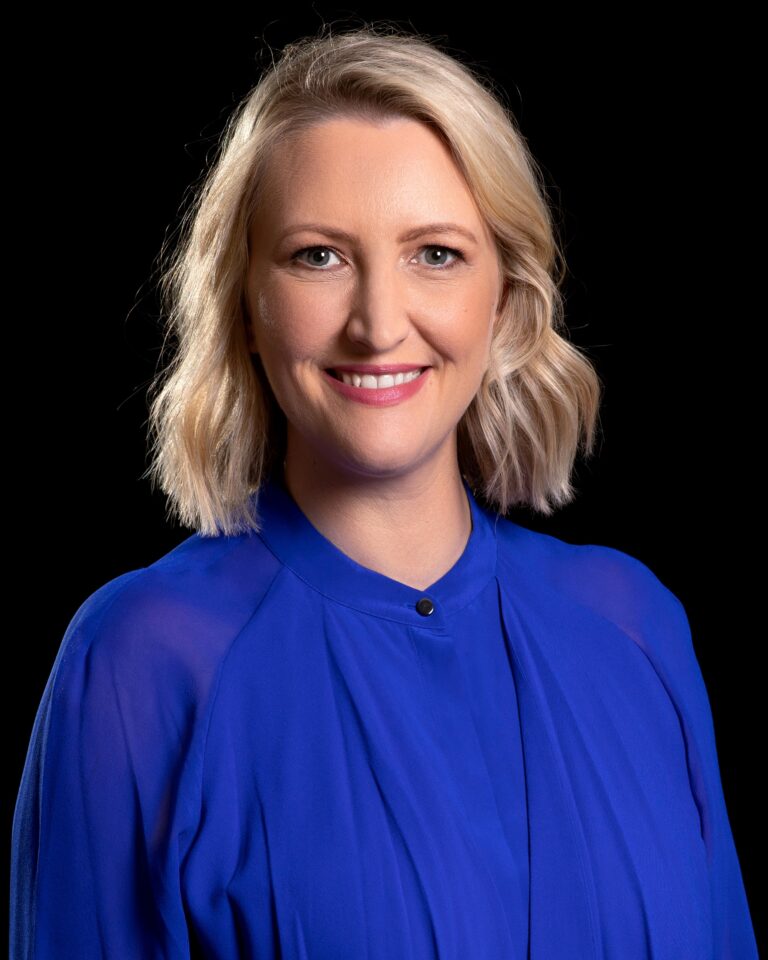Flavia Tata Nardini

Co-Founder Fleet Space Technologies
Educated in Italy and living in Adelaide, Tata is a co-founder and CEO of Fleet Space Technologies, an Adelaide-based space company focused on connecting the Internet of Things by deploying hundreds of low-cost nanosatellites around the world. Dubbed the Fourth Industrial Revolution, the ‘digital nervous system’ Fleet is creating will ultimately make it faster, simpler and less expensive to connect every device on Earth, transforming how businesses connect and gather vital information that can drive growth and change. Fleet’s nanosatellites have potential to revolutionise industries like agriculture, logistics and mining, and impact every aspect of life from measuring the effect of climate change in remote areas such as the Amazon to improving food production in Africa.
Flavia Tata Nardini is one of few people in this world to have seen the innovative systems she has helped develop flying on actual space missions.
More about Flavia Tata Nardini:
Tata graduated in aerospace before becoming a space engineer. Tata began her career at the European Space Agency as a Propulsion Test Engineer.
She then joined TNO, the Netherlands Organisation for Applied Scientific Research to work on advanced space propulsion projects. As propulsion designer and tester, then project manager, she led several teams developing micropropulsion systems, deorbiting motors, cool gas generators, igniters and propellants. She was also responsible for the financial management of the development and qualification phases of space propulsion system projects and more.
In 2014, Tata co-founded and was CEO of LaunchBox, an organisation that aimed to change the way learners understand space science by placing tangible, tactile experiences in the hands of Australian learners. LaunchBox taught kids how to build 3D nanosatellites, launching them into the stratosphere with balloons and later recovering the satellites and analysing the data they had collected.
Tata also consulted at the University of Adelaide, on the development of the SUSat CubeSat for the QB50 mission.
In 2015, Tata co-founded Fleet Space Technologies, a connectivity company set to maximise the resource efficiency of human civilisation through low cost, low power remote massive IoT. Fleet launched four of over 100 planned nanosatellites in 2018, enabling the next industrial revolution with a free, ubiquitous connectivity platform. The company employs approximately 20 staff in Adelaide and has opened offices in California and The Netherlands.
When Tata Nardini moved to Australia, there was just one space startup company. Now, there are more than 60 around the country and South Australia is a burgeoning ecosystem for space innovation, thanks in part of the South Australian Space Industry Centre, which fuels space industry innovation, support startups and create high-tech jobs.
Tata Nardini has achieved two patents. She has a Masters Degree in Space Engineering and a Bachelors Degree in Aerospace Engineering from the University La Sapienza in Rome.



